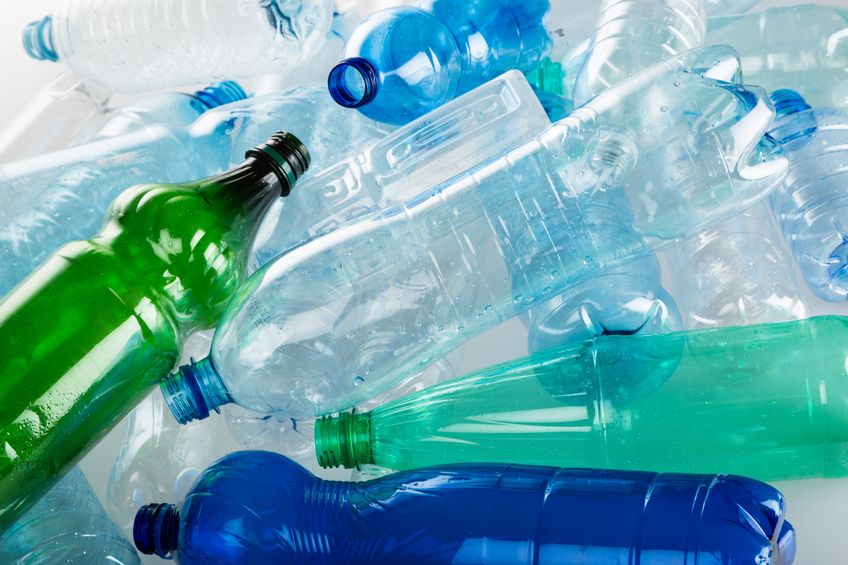
INQUIRER.net Stock Photo
Scientists have discovered and accidentally enhanced an enzyme from bacteria that can quickly break down plastics.
The enzyme from the bacteria appears to be most effective against polyethylene terephthalate (PET), or the plastic used for disposable water and juice bottles. PET is also used in clothes as polyester.
Scientists led by Shosuke Yoshida from the Kyoto Institute of Technology in Japan first stumbled upon the enzyme when they discovered an unusual bacteria growing on plastic in 2016. This bacteria was named Ideonella sakaiensis 201-F6. It had evolved to eat plastic.
When the research team from the University of Portsmouth, led by professor John McGeehan, slightly modified the enzyme to compare with other bacteria, the researchers accidentally boosted the PET-eating enzyme’s effectivity. They published their study in a journal for the US Proceedings of the National Academy of Sciences (PNAS).
The enzyme is able to break down PET plastic to its very basic components, which are generally harmless to the natural world. This also means the raw materials can be harvested and reused without the need to dig up more fossil fuel to turn into new plastic products.
Plastic bottles and similar products have proven to be near indestructible and natural degradation could take years. The researchers believe the discovered enzyme can help thin out the growing mountains of disposed plastics littering oceans and landfills. /ra
RELATED STORIES:
Contact lenses that darken under sunlight coming in 2019
Rare tiny fingernail growing on man’s middle finger discovered by doctors
Waste waters: Plastic rubbish chokes Bali’s sea